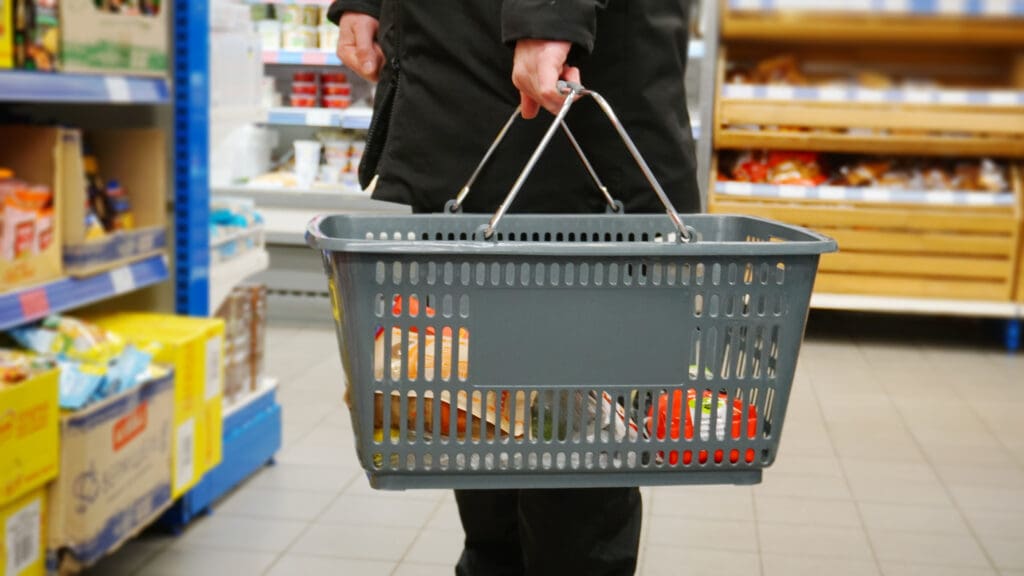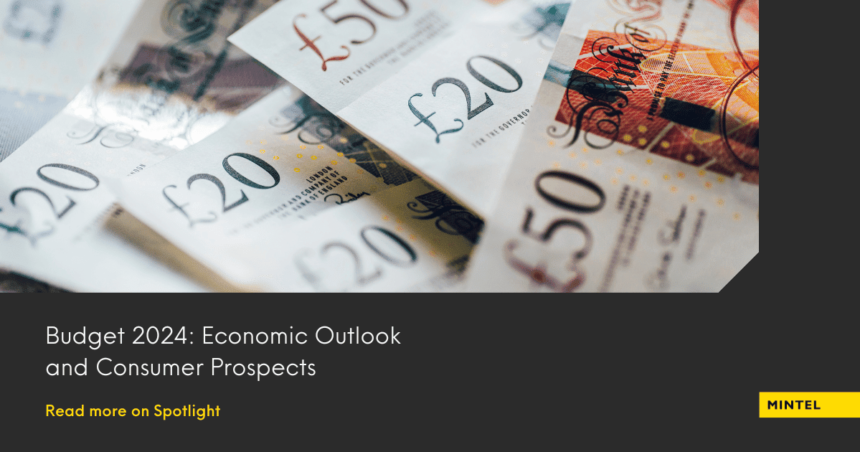The 2024 Budget: the changes that count for consumers
Despite the pressure from his own party to deliver an election-winning budget, full of tax cuts and eye-catching spending promises, Jeremy Hunt didn’t have a lot of room for manoeuvre. Although the UK could well already be out of its shallow recession, Government finances are still under huge pressure after years of weak GDP growth.
The most eye-catching measure is the reduction in National Insurance, which should save the average earner a few hundred pounds a year, although for many people this will be offset by the continued freeze in income tax thresholds.
Indeed, and as with any Budget, understanding the real-world impact of the changes is near-impossible for most of us. Balancing the net effect of the likes of fuel duty cuts, tax threshold freezes, NI cuts and changes to the various “sin” taxes is going to be a challenge for even the most domestic budgeters. Although some of the changes have a more obvious impact than others, not many non-dom taxpayers are going to need a BBC budget calculator to work out if they’re worse-off or not.
Consumer confidence: defying broader economic gloom…
As we highlighted after the news that the UK had slipped into a technical recession, there’s a disconnect between consumer confidence and the UK’s broader economic performance. Even though the total size of the UK’s economy only grew by 0.1% over the course of 2023, consumers feel better about their own financial situation than they did a year ago, and are more optimistic about how their finances will fare over the coming year.
Our latest research into how people feel about their finances shows that the general improvement in consumer confidence is continuing. In February 2024, 30% of adults said that their finances were healthy, compared to 26% at the start of 2023.
The revival in consumer sentiment is even more striking when it comes to how people feel about their financial prospects. Back in January 2023, only 24% said they were confident that they’d be OK over the coming year, while 23% said that they were really worried. Just over a year later, 36% were confident about their financial prospects, and the proportion who were really worried had fallen to 15%.
…but almost everyone is still being squeezed by the cost of living crisis
Probably the biggest driver behind consumers’ qualified optimism is the gradual fall in the rate of inflation, and a corresponding increase in average wages. For the first time in years, pay rises have been consistently outpacing price increases, meaning that people’s salaries are stretching a little further.
As the polls suggest, though, barely anyone thinks that the cost of living crisis is actually over. Mintel’s February research shows that 59% of people have noticed further increases in food and drink prices, and 52% have been affected by rising energy costs.
Overall, 55% felt that the cost of living crisis isn’t getting any better, and 40% that it’s improved but that it’s still a problem. Even though inflation is easing, it has still put a huge hole in most households’ budgets.

Old habits die hard: savvy shopping habits will linger well into 2024
In our forthcoming British Lifestyles report, we’ll be taking a closer look at consumers’ spending priorities, how they’ve changed over the last five years, and the categories and products that we expect to grow most strongly over the next five years.
Our early estimate for consumer spending as a whole over the course of 2024 is similar to the story of 2023: positive growth in cash terms, but only a very marginal increase once inflation is taken into account.
Superficially this may seem at odds with the relatively positive data from our consumer sentiment. If consumers are feeling more optimistic about their financial prospects, why aren’t they expecting to spend more?
A big part of that is the simple fact that after the long income squeeze, savvy shopping is now the default. Habits take a long time to change, and it’ll take more than a few months of rising real wages to shift people’s mindsets – and although the cut in National Insurance will be welcome, it isn’t going to be enough to change those long-established shopping behaviours.
The summer of sport is likely to have more impact than anything Jeremy Hunt announces
There are some reasons for optimism, though.
The 2012 combination of the Diamond Jubilee and the London Olympics (the “Jubilympics”) seemed to kickstart the revival in consumer sentiment back after the long post-financial crisis slump.
This year we’ve got a similar double-bill. The UEFA European Football Championship and the Paris Olympics could generate the consumer feelgood factor, and will inevitably boost travel, leisure and retail spend.
Mintel’s February consumer spending data shows that 41% of people plan to watch a UEFA 2024 game at home, 16% to head out to a pub to watch a game, and 10% to invite people around. Meanwhile, 6% plan to travel to Germany to soak up the atmosphere in person, either in a stadium or at an official fan park. The figures are similar for Paris 2024.
And it’s not just the money that people spend on heading to the pub or hosting friends and family. Among people who plan to watch either the Olympics or the football, 26% are already planning to upgrade their TV.

The 2024 consumer mindset: cautious, but ready to be convinced
This combination of day-to-day savvy shopping but a willingness to spend on the occasional big-ticket or luxury purchase is the perfect example of the broader consumer mindset in 2024.
But it’s also representative of the consumer mindset in 2023, and in 2022. This is a long-standing mindset, which is exactly why it will take time to shift.
A good run for the English or Scottish football teams might convince some people to spend a bit more on hosting parties or heading to the pub. And when it comes to today’s Budget changes, those people who end up with more in their paypacket may take the opportunity to treat themselves.
The fundamental fact, though, is that none of this will substantially change most people’s financial situation. There’ll always be room for some indulgent spending, and the improvement in consumer confidence will help, but until there’s a more significant upturn in the economy, brands are still going to have to work hard to convince consumers to spend their hard-earned cash.








